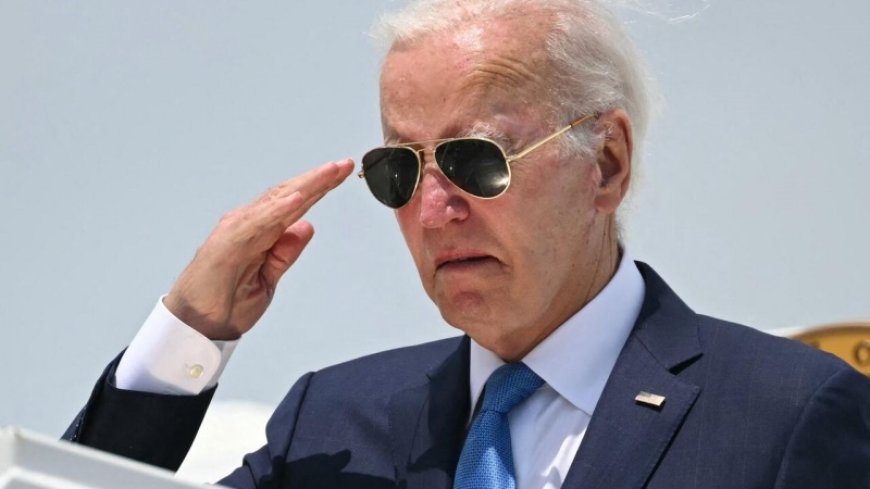America has so far imposed sanctions on a third of the planet earth
Consistent with its hegemonic goals, America has the longest history of unilateral sanctions against other countries in the world.

The American newspaper Washington Post recently stated in its article about the use of sanctions as a weapon by the United States. "Washington has imposed sanctions against its rivals and enemies in such a brutal way that one third of all countries in the world have been targeted by Washington's sanctions." As WP notes, according to the published statistics, the largest volume of US sanctions in the whole world has reached Russia.
Between February 2022 and January 2024, the United States targeted more than 16,000 individuals, 9,000 companies, and more than 3,200 entities with ties to Russia. Iran, Venezuela and Cuba are also among the countries that have been under harsh US sanctions for a long time.
The history of sanctions and the opposite effect
In fact, for decades, the United States has used sanctions as an economic and political weapon against countries that do not comply with Washington's policies. In this context, the Washington Post wrote in its analysis: "Since the 1990s, American governments have turned economic warfare and economic sanctions into the main tools of their foreign policy."
The embargo policy has attracted the attention of the US authorities, while this policy has been ineffective in the case of many countries and not only did not secure the interests of the United States, but also forced these countries to change their policies and turn to policies such as multilateralism and increased regional cooperation, regional unions and within organizations.
"Washington Post" newspaper states in this context. "Most US sanctions have not only been ineffective, but have had the opposite effect."
A tool called the dollar in sanctions
The United States instrumentally uses the dollar as the main international currency to exert pressure on other countries.
Washington has repeatedly abused the dependence of companies and banks and the international financial system on the dollar as leverage to force other countries to submit to its wishes or to prevent them from pursuing policies and actions that are not desirable to the United States; so that, especially in recent years, this issue has been followed by opposition from rival countries and even Washington's European allies and has led to the gradual formation of a global consensus on the continued instrumental use of the dollar by the United States for economic, commercial and financial pressure against other countries, especially those that oppose or compete with Washington about the need to prevent.
The Washington Post notes in this context: "Several decades of sanctions against North Korea have failed to prevent Pyongyang from developing its weapons programs and improving its intercontinental ballistic missile capabilities."
Also, American sanctions against Nicaragua and Cuba have had no effect in weakening or reducing popular support for the governments in these countries under the leadership of Daniel Ortega and Fidel Castro.
In the case of Iran, US Treasury Secretary Janet Yellen recently admitted that sanctions have not led to a change in Iran's policies and behavior as the US had hoped.
According to a report by the US Treasury Department, the total GDP of the countries targeted by US sanctions is a little more than one-fifth of the world's gross domestic product, and China's share of this figure is 80%. However, it seems that this policy is becoming increasingly ineffective.
They insist on continuing the policy of sanctions
Despite the failure of the US sanctions policy, Washington continues to use it to put pressure on various countries, especially those that oppose its hostile policy. This is despite the fact that these policies not only reduced America's power in the international arena and led to increased independence in many countries under US sanctions, but also created conditions for world-class trade outside the eyes of the United States.
A Washington Post analysis says: - Scores of lobbyists and former US officials have profited from the thousands of sanctions that Washington has imposed on its rivals and enemies.
In any case, the unilateralism and avoidance of multilateralism and international obligations by various American governments have affected security, global stability, and the international atmosphere, but now various countries have acted independently despite the United States sanctions policy, and these conditions have only reduced the power of the United States in the international arena. . as economist and senior member of the "European Council on Foreign Relations" "Agata Demarai". In his book he writes: - In recent years, we have seen that sanctions have become a favorite diplomatic tool of American politicians. But sanctions are an ineffective tool, and relying heavily on sanctions policy has only led to a decrease in its effectiveness and importance in the international environment.













































